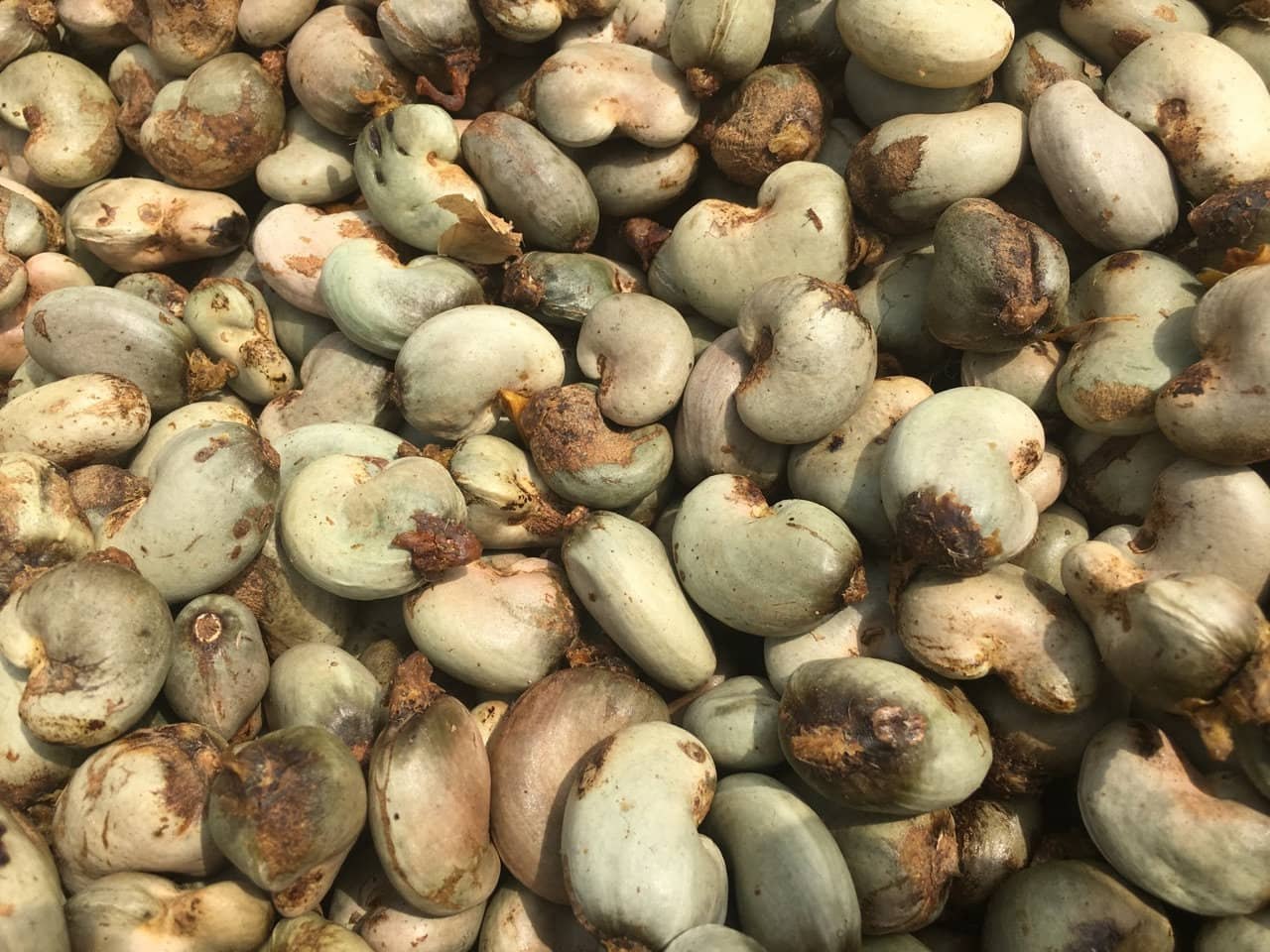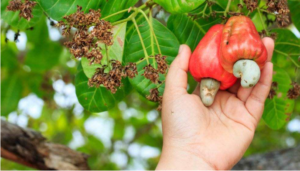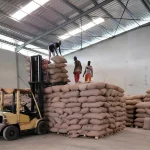Cashew cultivation, a significant agricultural activity primarily in tropical regions, plays a crucial role in the economies of countries like India, Vietnam, and Brazil. However, traditional farming practices have often led to environmental degradation, including deforestation, soil erosion, and loss of biodiversity. As global awareness of sustainability grows, there is an increasing emphasis on adopting sustainable farming practices in cashew cultivation to ensure long-term viability and environmental health. This article explores sustainable farming practices in cashew cultivation, highlighting real data and successful examples from around the world.
The Importance of Sustainable Cashew Farming
Cashew nuts are a popular commodity globally, with the global market size valued at approximately USD 6.27 billion in 2020 and projected to reach USD 10.42 billion by 2027, growing at a CAGR of 7.9% during the forecast period. This growth underscores the importance of sustainable practices to meet rising demand without compromising environmental health.
Sustainable Farming Practices
- Agroforestry Systems
Agroforestry, the integration of trees and shrubs into crop and livestock farming systems, offers numerous benefits for cashew cultivation. This practice helps in maintaining soil fertility, reducing erosion, and providing habitat for biodiversity. In Nigeria, for instance, agroforestry has improved cashew yields by 30% while enhancing soil quality and biodiversity.
- Organic Farming
Organic farming eliminates the use of synthetic fertilizers and pesticides, relying instead on natural inputs and biological pest control. This practice reduces chemical runoff and soil degradation. In India, organic cashew farms have seen a 15-20% increase in soil organic matter and a 25% reduction in pest incidence, contributing to healthier ecosystems and safer products for consumers.
- Soil and Water Conservation
Implementing soil and water conservation techniques is crucial for sustainable cashew farming. Contour planting, terracing, and the use of cover crops help in reducing soil erosion and retaining moisture. In Vietnam, cashew farmers using these practices have reported a 20% increase in soil moisture retention and a 15% reduction in soil erosion, leading to more stable and productive farming systems.
- Integrated Pest Management (IPM)
IPM involves using a combination of biological, cultural, mechanical, and chemical methods to control pests with minimal environmental impact. This approach helps in reducing the dependency on chemical pesticides, promoting biodiversity, and improving pest resistance management. Studies in Brazil have shown that IPM practices in cashew cultivation can reduce pesticide use by up to 40%, while maintaining or even improving crop yields.
- Efficient Water Management
Water is a critical resource in cashew cultivation, particularly in regions prone to drought. Techniques such as drip irrigation and rainwater harvesting can significantly enhance water use efficiency. In Tanzania, farmers who adopted drip irrigation systems have reported a 50% reduction in water usage and a 25% increase in cashew yields, demonstrating the effectiveness of these practices.
Real-World Examples and Data
- India
India, one of the largest producers of cashew nuts, has been at the forefront of implementing sustainable farming practices. The Cashew Export Promotion Council of India (CEPCI) has been promoting organic farming and IPM practices. According to CEPCI, organic cashew farms have seen a 25% increase in productivity and a 30% reduction in production costs due to lower input expenses.
- Vietnam
Vietnam has made significant strides in sustainable cashew farming through the adoption of agroforestry and soil conservation techniques. The Vietnam Cashew Association (Vinacas) reported that farmers practicing agroforestry have achieved a 30% increase in cashew yields. Moreover, soil conservation measures have reduced soil erosion by 15%, leading to more sustainable farming systems.
- Brazil
Brazil’s cashew industry has benefited from the integration of IPM and efficient water management practices. The Brazilian Agricultural Research Corporation (Embrapa) has documented that IPM has reduced pesticide use by 40%, while drip irrigation systems have improved water efficiency by 50%. These practices have not only enhanced environmental sustainability but also increased profitability for farmers.
Challenges and Opportunities
While the benefits of sustainable farming practices in cashew cultivation are clear, there are several challenges that need to be addressed:
- Knowledge and Training
Many farmers lack the knowledge and skills required to implement sustainable practices. Training programs and extension services are essential to educate farmers on the benefits and methods of sustainable farming.
- Initial Investment
The initial investment required for sustainable practices, such as drip irrigation systems or organic inputs, can be a barrier for small-scale farmers. Financial support and incentives from governments and organizations can help overcome this hurdle.
- Market Access
Ensuring that sustainably produced cashew nuts reach markets that value and are willing to pay a premium for such products is crucial. Certification schemes and fair trade initiatives can play a significant role in connecting farmers to these markets.
Sustainable farming practices in cashew cultivation are essential for ensuring long-term productivity and environmental health. Real-world examples from India, Vietnam, and Brazil demonstrate the potential of these practices to enhance yields, reduce environmental impact, and improve profitability for farmers. As global demand for cashew nuts continues to grow, adopting sustainable practices will be crucial in meeting this demand while preserving the environment for future generations.
By investing in knowledge dissemination, financial support, and market access, stakeholders can help overcome the challenges associated with sustainable farming. Ultimately, a concerted effort towards sustainability in cashew cultivation can lead to a greener, more prosperous future for all.
To find out more about how we can fulfil your requirements, please follow our social media channels, subscribe to our mailing list, or reach out directly to us via our contact us page. We will be happy to help!







